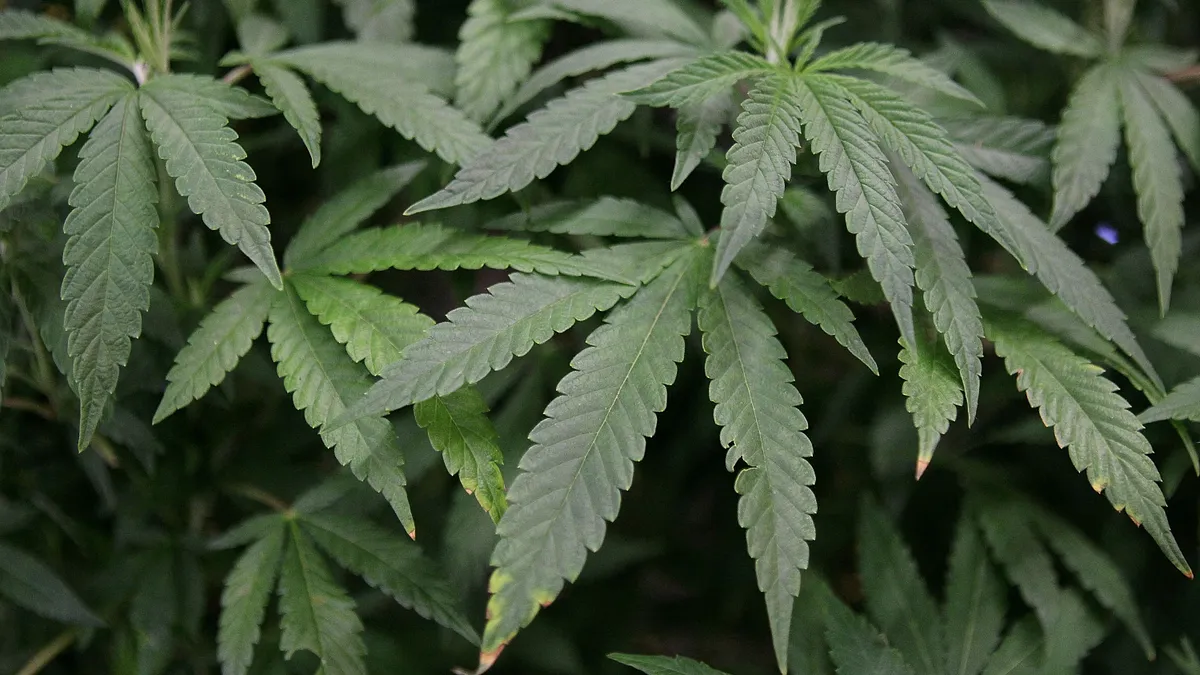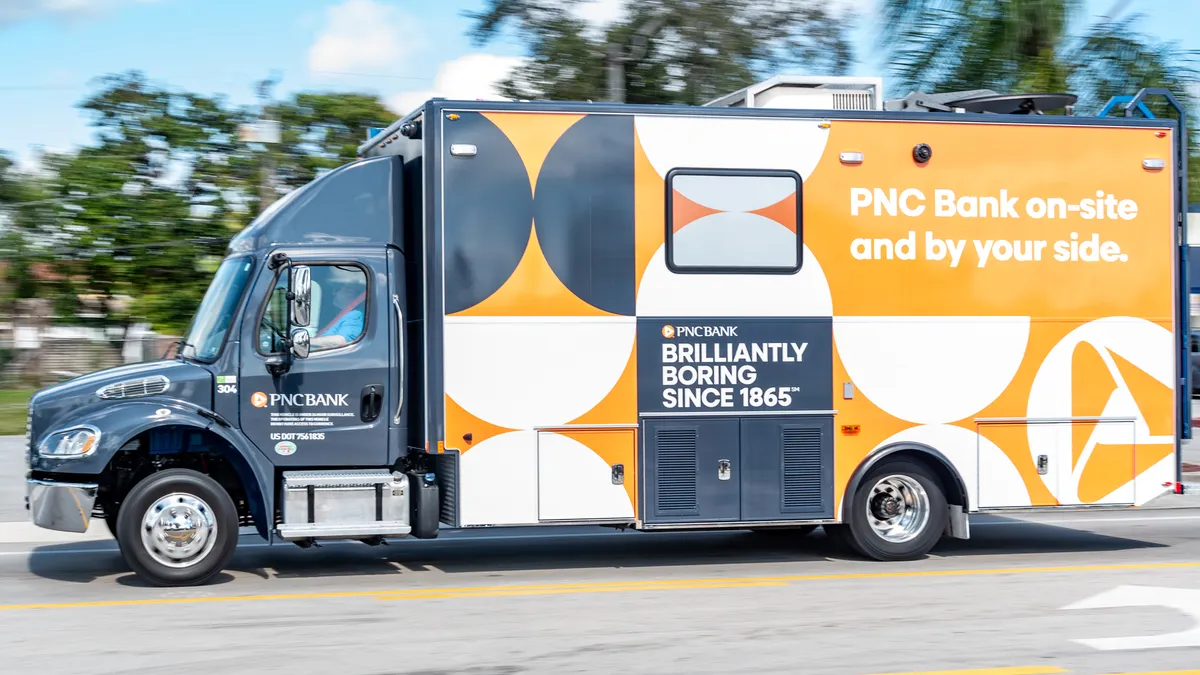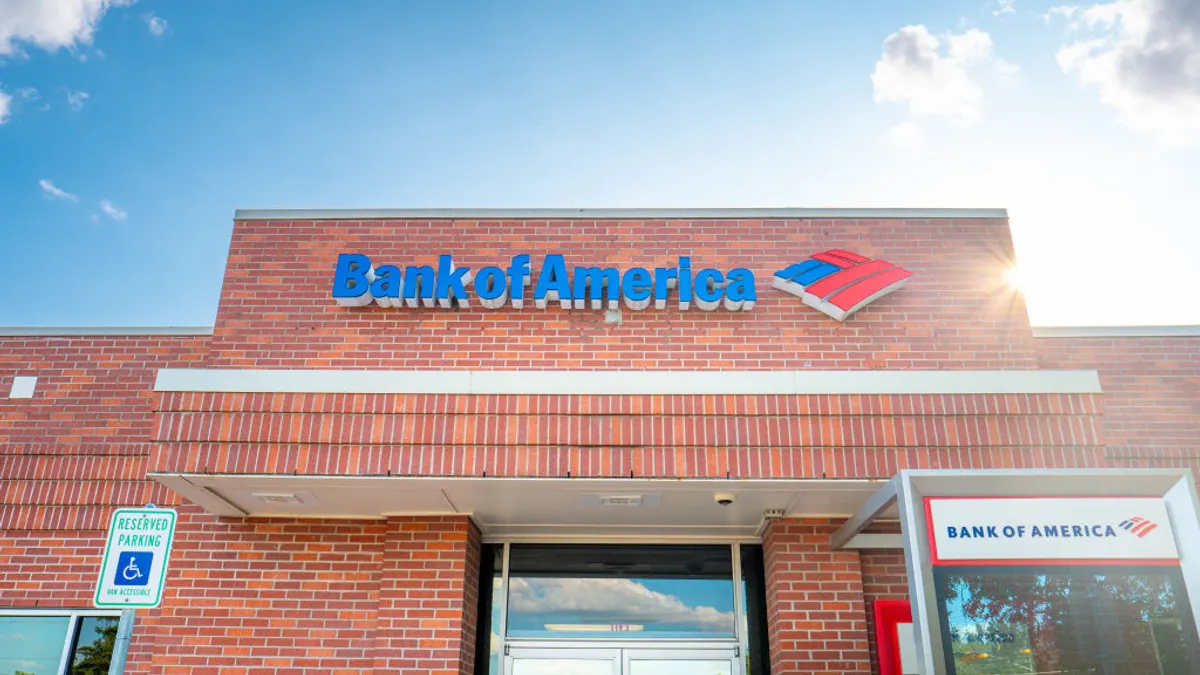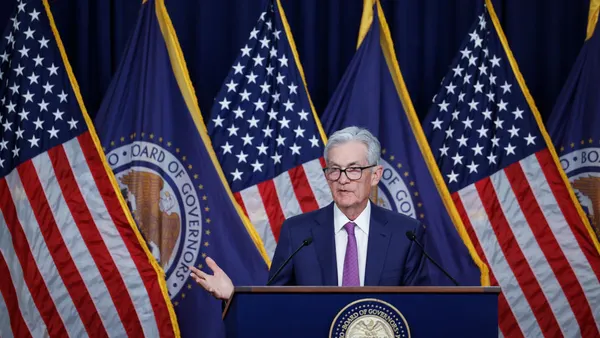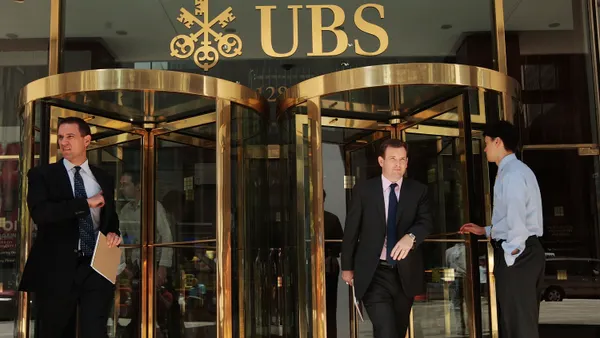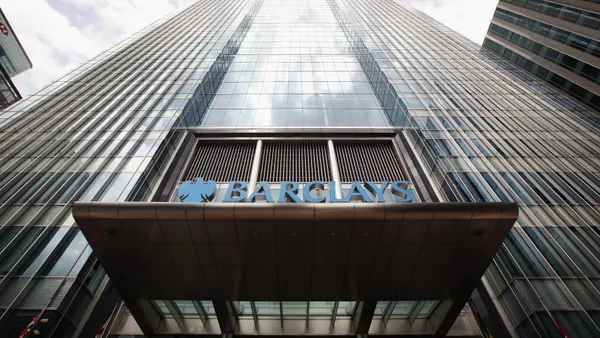The House of Representatives passed, by voice vote, an amendment Tuesday adding the Secure and Fair Enforcement (SAFE) Banking Act to the National Defense Authorization Act (NDAA).
The measure, which shields banks that service state-legal cannabis businesses from federal regulators’ penalties, has been introduced in every Congress since 2013 by Rep. Ed Perlmutter (D-CO) and has passed the House five times, the congressman noted in a tweet Tuesday.
“This will strengthen the security of our financial system in our country by keeping bad actors like foreign cartels out of the cannabis industry. But most importantly, this amendment will reduce the risk of violent crime in our communities,” Perlmutter said Tuesday on the House floor ahead of the vote, according to Marijuana Moment. “This is a public safety and a national security matter.”
Cannabis’s classification as a Schedule 1 drug has made several banks reluctant to service marijuana-related businesses, forcing may to deal primarily in cash and making them targets of theft, assaults and robberies, cannabis advocates have said.
Rep. Mike Rogers, R-AL, argued the NDAA isn’t the right forum for SAFE Banking legislation.
“I think what [Perlmutter is] trying to accomplish is admirable and should be accomplished, but not in the National Defense Authorization Act,” Rogers told Marijuana Moment.
But couching SAFE Banking in the NDAA may be exactly what helps the bill get through its perennial foil, the Senate, researchers at BTIG said.
“Discussions with our D.C. contacts suggest it has an easier pathway of getting through the Senate, largely because no senator wants to be viewed as holding up the massive 1,700 page must-pass NDAA simply because of SAFE banking,” BTIG analyst Camilo Lyon wrote in a research note, according to Bloomberg.
This wouldn’t be the first time lawmakers have tried attaching SAFE Banking to larger measures. House Democrats tried to fold it into two COVID-19 relief bills this year, but the language was not included in the bill President Joe Biden signed in March.
The SAFE Banking Act passed the House in 2019, only to stall in the then-Republican-controlled Senate after the chamber's former Banking Committee chairman, Mike Crapo, R-ID, refused to hold a vote on the bill.
The SAFE Banking Act has lost a bit of its cachet among some Senate Democrats, who have pushed for more comprehensive reform.
Senate Majority Leader Chuck Schumer, D-NY, Sen. Cory Booker, D-NJ, and Sen. Ron Wyden, D-OR, unveiled draft legislation in July that would remove cannabis from the federal list of controlled substances and expunge federal nonviolent marijuana crimes.
That measure, the Cannabis Administration and Opportunity Act (CAOA) — if passed first — raises the question of whether the SAFE Banking Act would even be necessary.
"The banking bill only deals with a small part of [issues related to cannabis], but not what needs to be done. We need a broad comprehensive bill," Schumer said.
Booker offered a more pointed view.
"I will lay myself down to do everything I can to stop an easy banking bill that's going to allow all these corporations to make a lot more money off of this, as opposed to focusing on the restorative justice aspects," he said.
The New Jersey senator later clarified his stance.
"Don’t get me wrong, I support the SAFE Banking Act. I think it’s a phenomenal bill," he said. "For me, a good bipartisan bill like the banking bill is a necessary sweetener to get people to move along on the equitable justice elements that are really critical.”
William Bogot, co-chair of the cannabis law practice group at Fox Rothschild LLP, called the CAOA an "overshooting wish-list" that will likely face an uphill battle to become law in its current form.
"[T]he Discussion Draft will be negotiated for a long time, both before it is ever introduced as a bill and in both houses," Bogot told Banking Dive in July.
The SAFE Banking Act is not as controversial or disputed as the CAOA by either party and would provide immediate relief to the largely cash-based cannabis industry, he argued.
The Senate took up a stand-alone version of the SAFE Banking Act in May. The measure passed the House in April after lawmakers reintroduced it in March.



